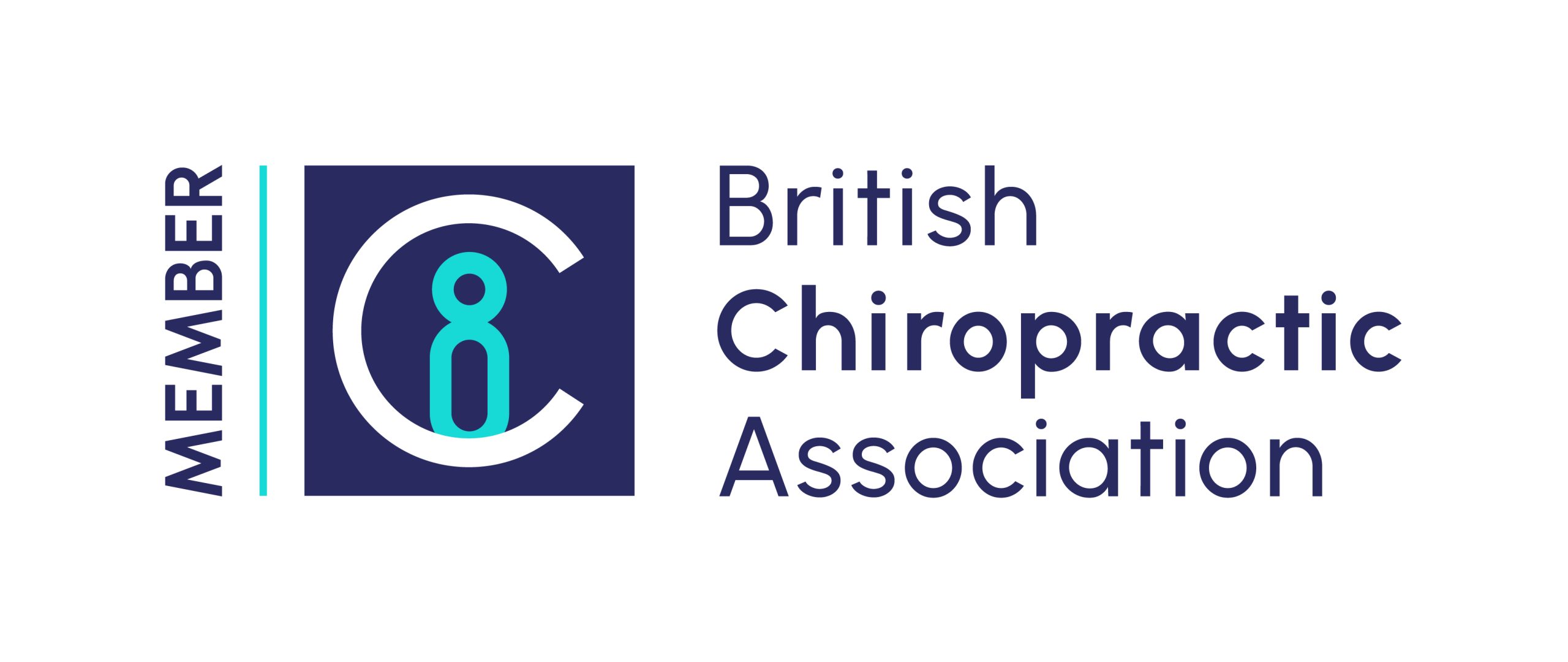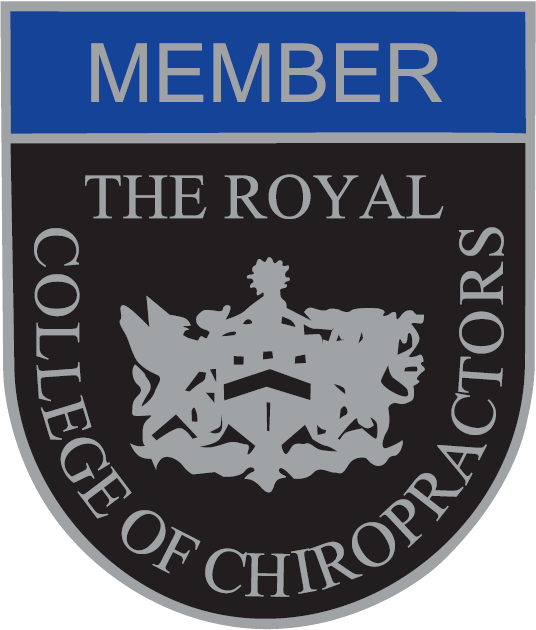How high sugar diets can affect your brain function and memory
 We all know that having a diet packed with sugary treats and drinks isn’t great for our waistlines, but did you stop to think about the effect such treats might have on the rest of your body?
We all know that having a diet packed with sugary treats and drinks isn’t great for our waistlines, but did you stop to think about the effect such treats might have on the rest of your body?
High sugar levels can mess up your sleep pattern, cause spikes in energy and lethargy, and make your teeth rot, but it may also have a direct impact on your brain and memory function.
A recent study attempted to prove or refute this theory, but the results were quite startling. Brain scans were taken of 150 participants, all of whom had a collective mean age of around 60. This meant they were at a risk of developing Alzheimer’s, which we know directly impacts memory and brain function. However participants had not shown any memory loss to date.
In order to identify whether a high sugar diet impacted directly on memory function, the brain scans were analysed and showed that the people who had a high insulin resistance (often a sign of long term sugar regulation problems), used less blood sugar in the areas of the brain which are commonly affected by Alzheimer’s.
What does this mean?
Basically, the study showed that when there is less blood sugar in the brain, it doesn’t function as well as it might do otherwise, which affects not only brain function, but also memory. So, there is certainly evidence to suggest that eating a diet laden with sugary treats might taste good and give you a very temporary energy boost, but that it could also directly impact on your brain and memory too, leaving you feeling more than a little sluggish and fuzzy.
Here at Bradford House, we are experienced in giving advice to many different people regarding nutrition and dietary health. We understand the importance of ‘you are what you eat’, helping your body to retain tip-top health and function for as long as possible. Winchester chiropractor, Max Atkinson, sees a wide range of different patients from all walks of life, helping to give a little insight and advice on how to improve overall health and wellbeing.
Part of this advice certainly pertains to the intake of sugar in your diet. We know that sugar crashes happen, which is all linked to insulin. Insulin is a hormone which is naturally occurring within the body and helps to move blood sugar, or glucose, around the body, to use as fuel to help us go about our business. Insulin resistance can occur however, and this means there is not enough insulin present to move blood sugar around; the outcome means the pancreas creates even more insulin, possibly too much, and when your body doesn’t need more energy, it is stored as fat, which leads to weight gain. Too much sugar, as we’ve seen from this study, can therefore affect your brain and memory too.
Basically chowing down too much sugar can lead to blood sugar spikes, which then leads to insulin resistance, and then the vicious cycle begins.
More research may need to be done into the exact nature of sugar and brain function, however keeping your diet healthy is certainly something you should be doing. Call the practice now on 01962 861188 to arrange an appointment to discuss your dietary requirements if you are at all concerned, and we can help give you valuable help and advice to keep your body and mind functioning in the best possible way.










